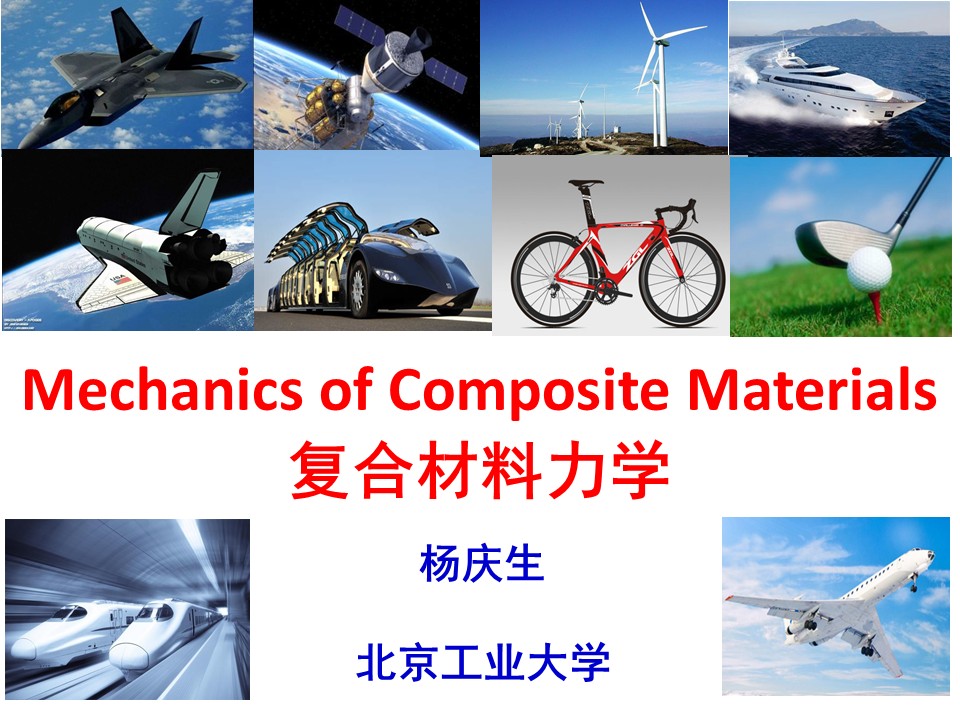
当前课程知识点:Hospitality English > 1 THE NATURE OF TOURISM BUSINESS > 1.2 Tourism Industries > 1.2.3 Attractions
返回《Hospitality English》慕课在线视频课程列表
In this video, you will learn about "Attractions". After learning this video, you should be able to define attractions and explain its classification. How do you categorize attractions in your country or in your hometown? Describe the features of one type and recommend the attractions to your classmates.
返回《Hospitality English》慕课在线视频列表
欢迎来到我们的课程
让我们开始学习景点
在这部分 我们将讨论景点的定义和分类
景点的定义
正如斯瓦布鲁克所指出的
如果没有景点 那么就不存在对于其他旅游服务的需要
事实上 如果没有景点 旅游业就不会存在
加拿大旅游委员会于1995年提出了一个工作定义
加拿大旅游委员会于1995年提出了一个工作定义
当他们计划对加拿大的旅游景点进行调查时
景点一词的定义是
主要目的是允许公众
娱乐 发展兴趣或教育的场所
不同的国家或地区可能有不同种类的旅游资源和景点
这些资源和景点可按多种方式分类
这里有五个类型可以参考
遗产景点 消遣/娱乐景点
休闲景点 商业景点和工业景点
遗产景点 例如中国
埃及 希腊 以色列 土耳其 印度尼西亚 印度 墨西哥 秘鲁等国的古迹
它们的史前和考古遗址
对那些想更多地了解当代和远古文明的游客很有吸引力
这类景观聚焦于保存和展出
具有历史 文化和教育价值的物品 遗址和自然奇观
例如 博物馆 艺术馆 历史遗迹
植物园 动物园 自然公园 保护区
第二类是消遣/娱乐景点
它们维护并提供娱乐设施的使用权
例如 商场 游乐场 主题公园和水上公园
这些景点的来源可以追溯到中世纪的欧洲
那时创建了游乐园
这些游乐园就是今天公园的雏形
(其中)设有游乐设施 烟花 舞蹈和游戏
如今 主题公园
因迪士尼 环球影城等景点而广受关注
这些(公园)都代表着数百万美元的投资
接下来是娱乐(休闲)景点
它们维护和提供户外和室内活动的设施
人们在这里可以参与体育和娱乐活动
包括游泳池 保龄球馆 溜冰场
高尔夫球场 滑雪场 徒步路线 自行车道和码头
第四种是商业景点
这一类是指经营礼品
手工制品 纪念品的零售企业
(它们)积极向游客推销自己的产品
在一些国家或地区进行购物
已成为国内外游客参与最多的活动
这里列出的最后一类是工业景点
(它们)主要经营农业 林业和制造业产品
并积极向游客推销
例如 酒厂 鱼苗孵化场 工厂
工业景点是不容忽视的
葡萄酒庄和啤酒厂长期以来一直都是旅游景点
工厂旅游越来越多
厂家也开发了精心策划的设施来接待游客
这里有一个给你的问题
你如何对你的国家或家乡的景点进行分类
说明每个类别并举例说明
知识点到此结束
感谢您的聆听
-1.1 Hospitality and Tourism
--1.1.1 Introduction of hospitality
--1.1.2 Introduction of tourism (1)
--1.1.3 Introduction of tourism (2)
--1.1.4 Basic conception of tourism (1)
--1.1.5 Basic conception of tourism (2)
-1.2 Tourism Industries
--1.2.4 Convention & exhibition
--1.2.5 Entertainment & recreation
-1.3 Nature of Tourism Businesses
--1.3.2 Characteristics of hospitality
--Week 1 Quiz
-2.1 Basic Approaches and Etiquette of Hospitality
--2.1.1 Basic approaches and etiquette of hospitality
-2.2 Meet and Greet at Accommodations
--2.2.3 Know how to offer more
-2.3 Meet and Greet at Other Situations of Hospitality
--2.3.1 At transportation services
--2.3.3 At conventions and exhibitions
--2.3.4 At entertainment and recreation situations
-2.4 Communication Skills of Online Travel Agency
--2.4.1 Communication skills of online travel agency
--Week 2 Quiz
-3.1 Culture and Communication
--3.1.2 The characteristics of culture
--3.1.3 What is communication?
--3.1.5 Myths of communication
-3.2 Barriers to Cross-cultural Communication
-3.3 Cross-cultural Communication
--3.3.2 Cross-cultural verbal communication
--3.3.3 Hofstede's cultural dimensions (1)
--3.3.4 Hofstede's cultural dimensions (2)
-3.4 International Practice in Cross-cultural Communication
--3.4.1 International practice in cross-cultural communication
--Week 3 Quiz
-4.1 Getting to Know Tourism Literature
--4.1.1 Significance of tourism literature
--4.1.2 Proper way to choose for reading
-4.2 Capturing the Main Ideas
--4.2.1 Starting with the title & abstract
--4.2.2 Following the structure to focus
--4.2.3 Identifying topic sentences
-4.3 Accumulating Idiomatic Expressions
--4.3.1 Expressions of defining & categorizing
--4.3.2 The extensive use of passive voice
-4.4 Summarizing Reading & Thinking
--4.4.1 Writing a summary of your readings
--4.4.2 Taking notes of your thinking
--Week 4 Quiz
-5.1 What Is A Literature Review
--5.1.1 The definition and types of literature review
--5.1.2 Systematic approaches of literature review
-5.2 Collection and Analysis of Literature
--5.2.2 Methods of literature collection
--5.2.3 Analysis of literature
-5.3 Content of Literature Review
--5.3.1 Concepts, propositions, and theories
--5.3.2 Conceptualization and theoretical framework
--5.3.3 Operationalization of the research framework
-5.4 Evaluate Your Literature Review
--5.4.1 Evaluation of your literature review
--Week 5 Quiz
-6.1 Basic Structure of MTA Thesis/Project
--6.1.5 Reference and acknowledgement
-6.2 Stages of Completing a Thesis
--6.2.1 Thesis initiation stage - research design
--6.2.2 Thesis initiation stage -research methodology(1)
--6.2.3 Thesis initiation stage - research methodology(2)
--6.2.4 Thesis initiation stage - research proposal
--6.2.5 Thesis writing and completion stage
-6.3 Essentials in Managing a Successful Thesis
--Week 6 Quiz
--Final Quiz
